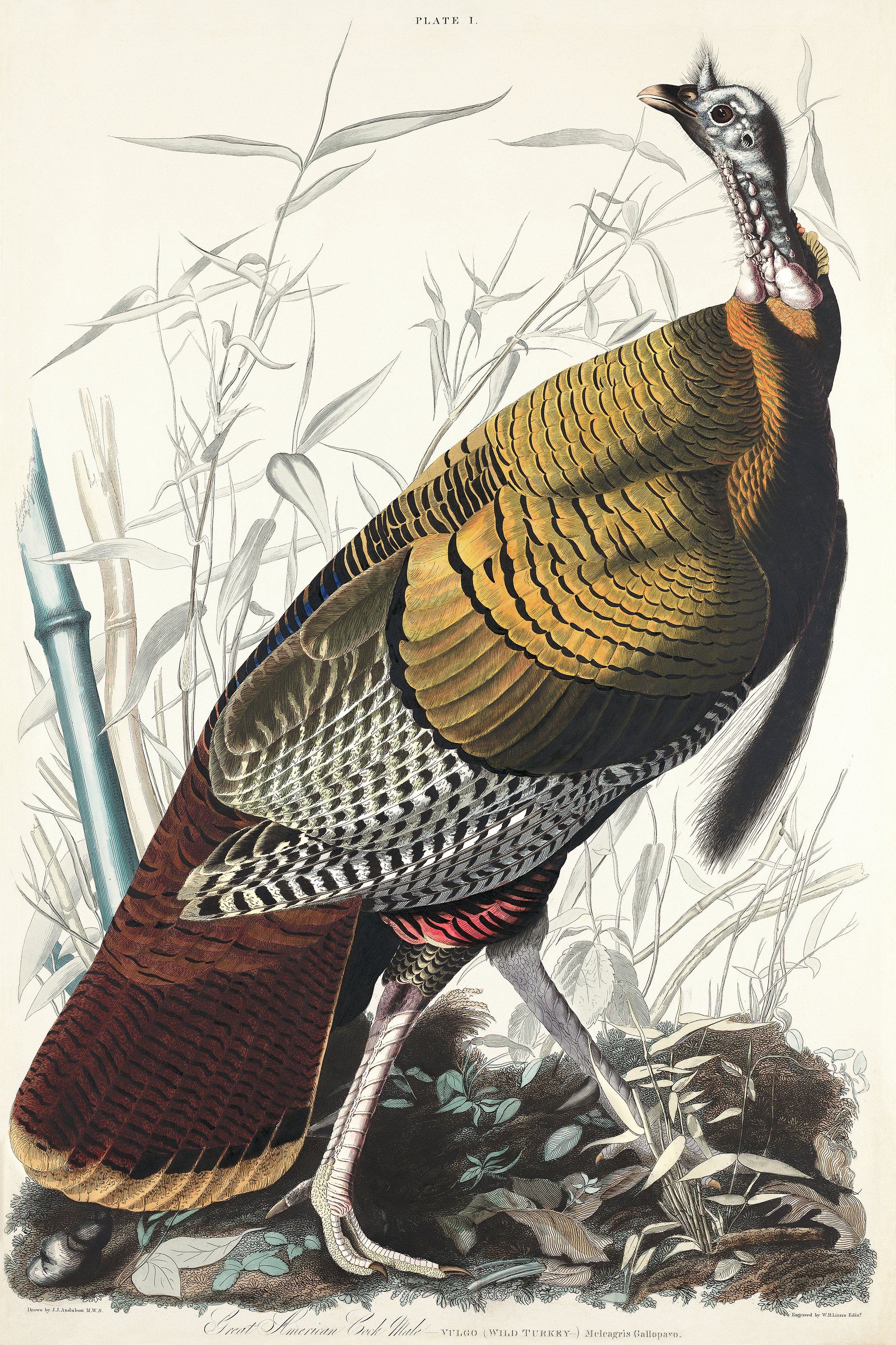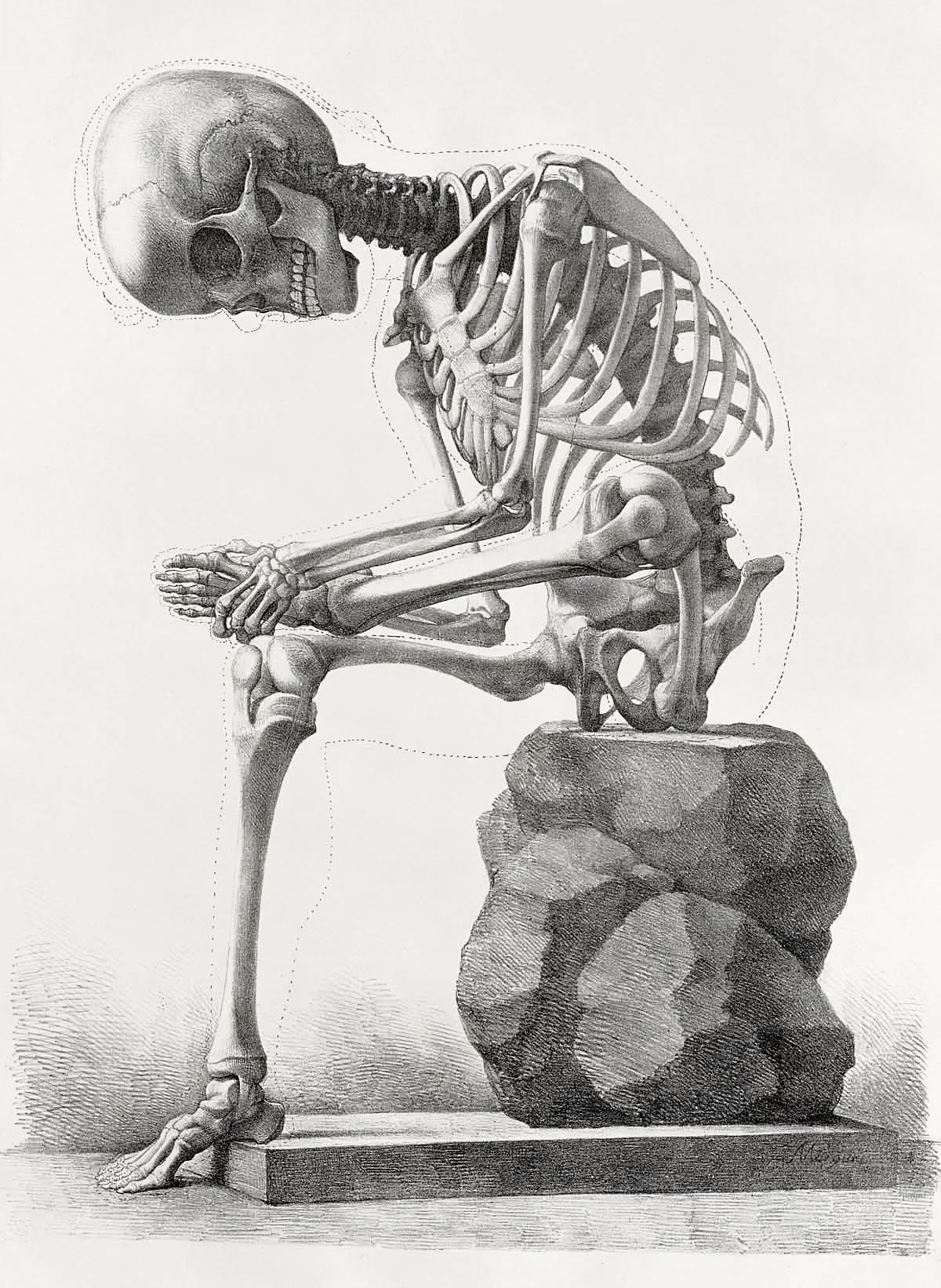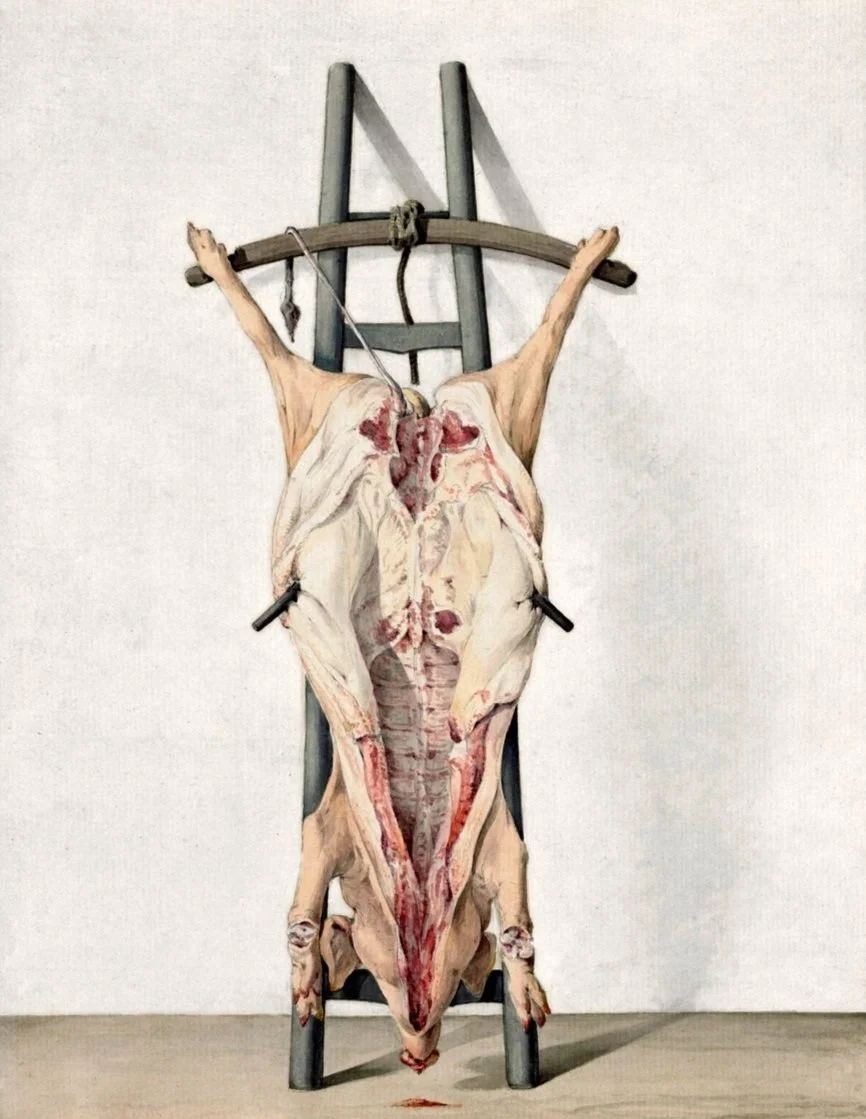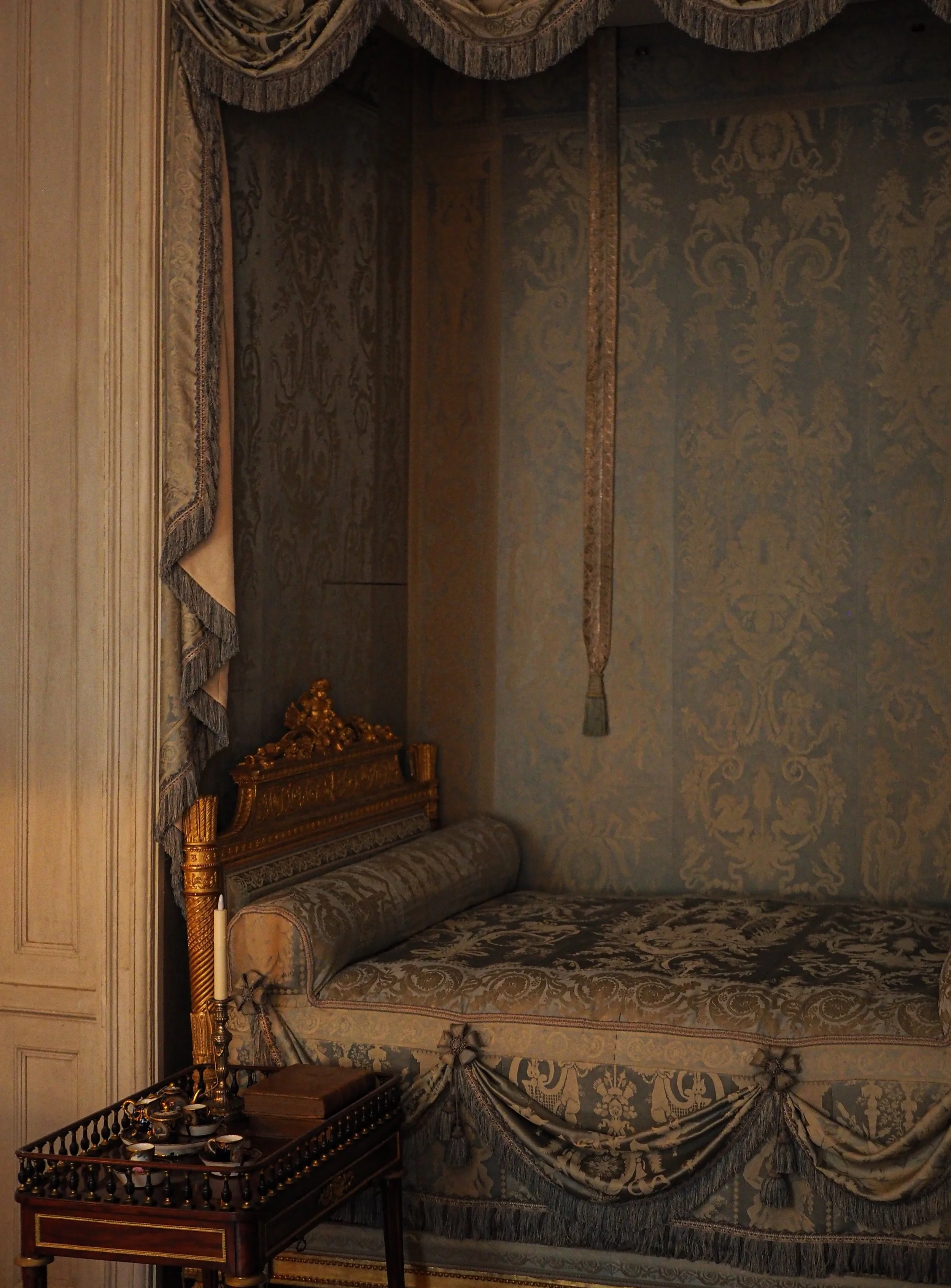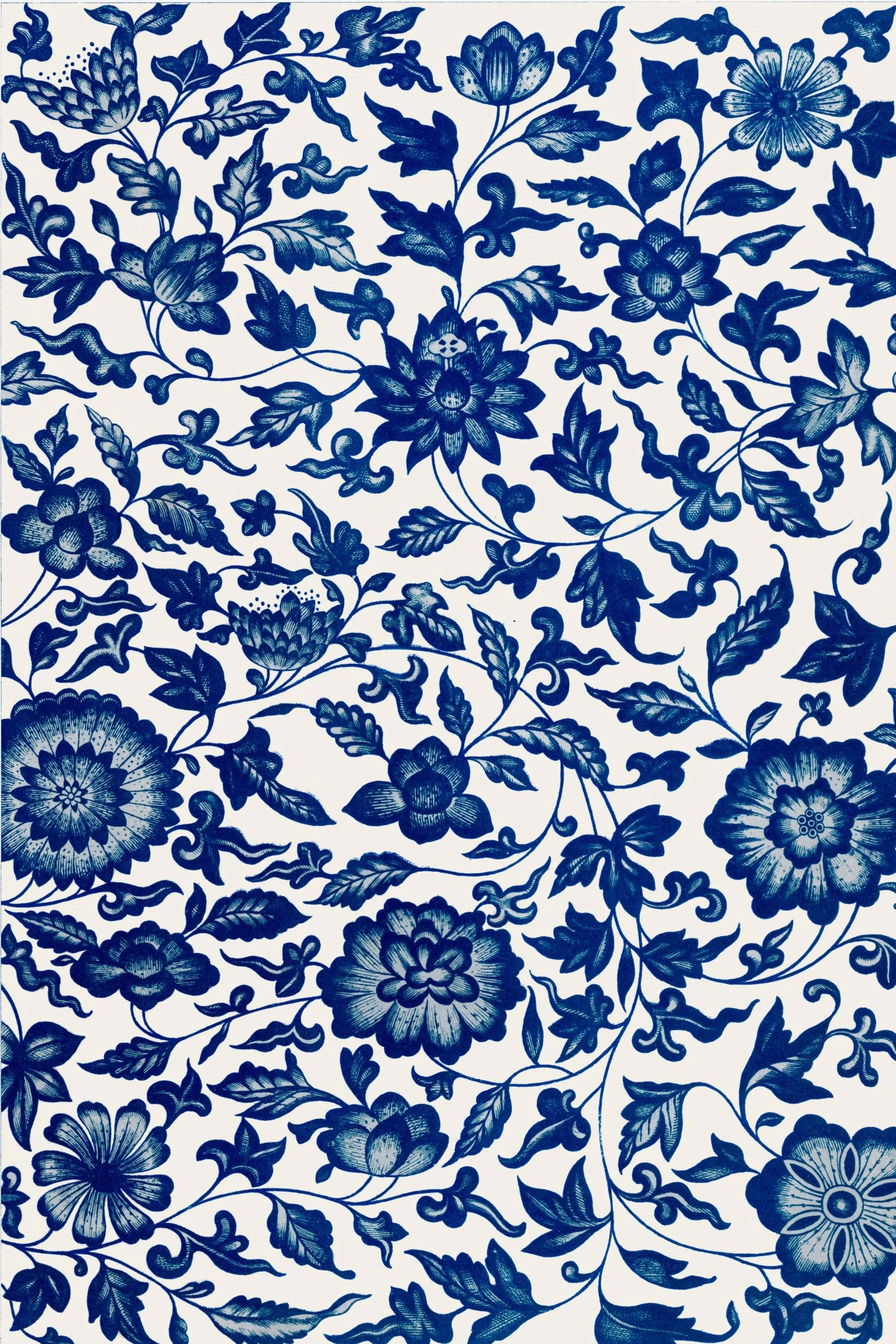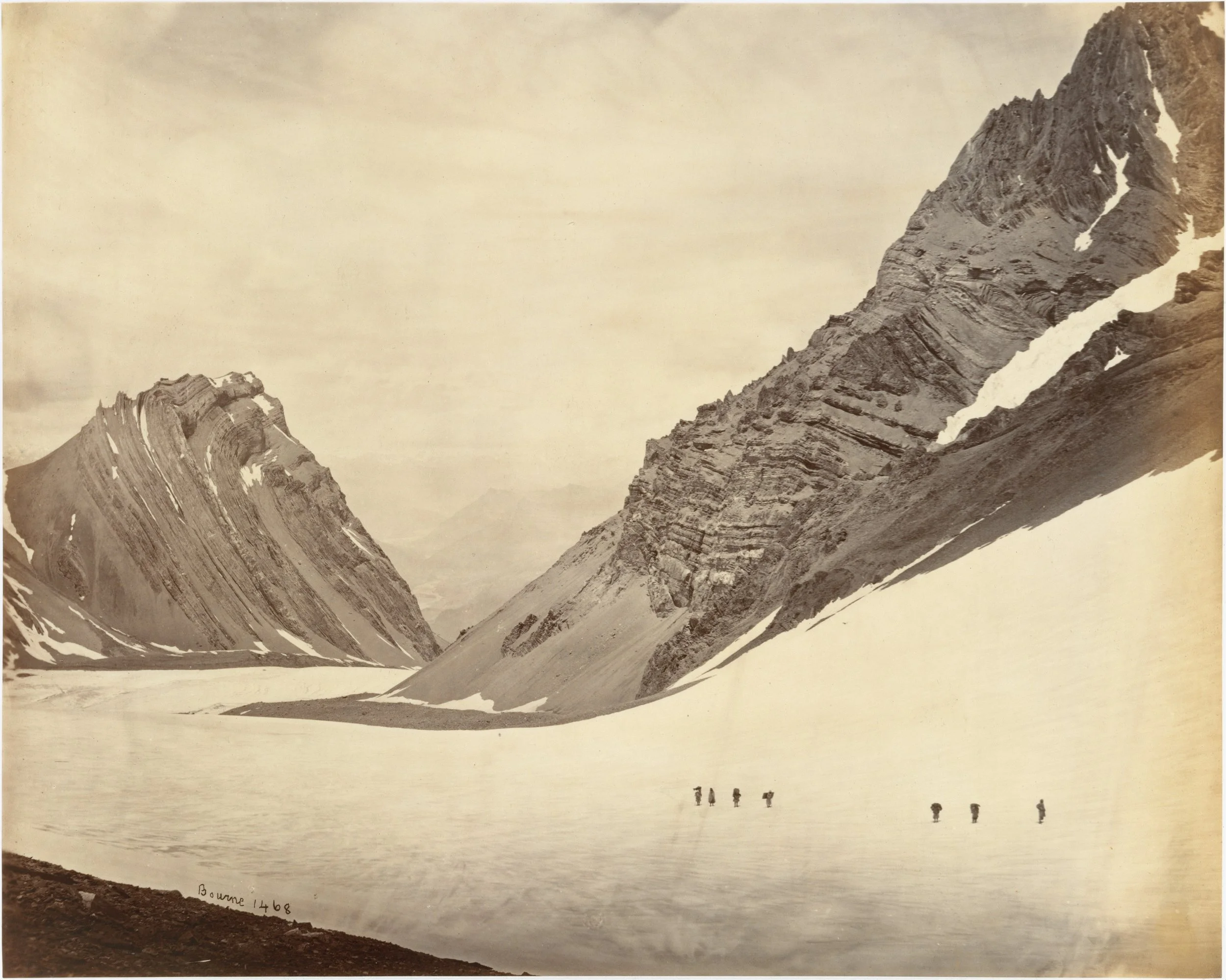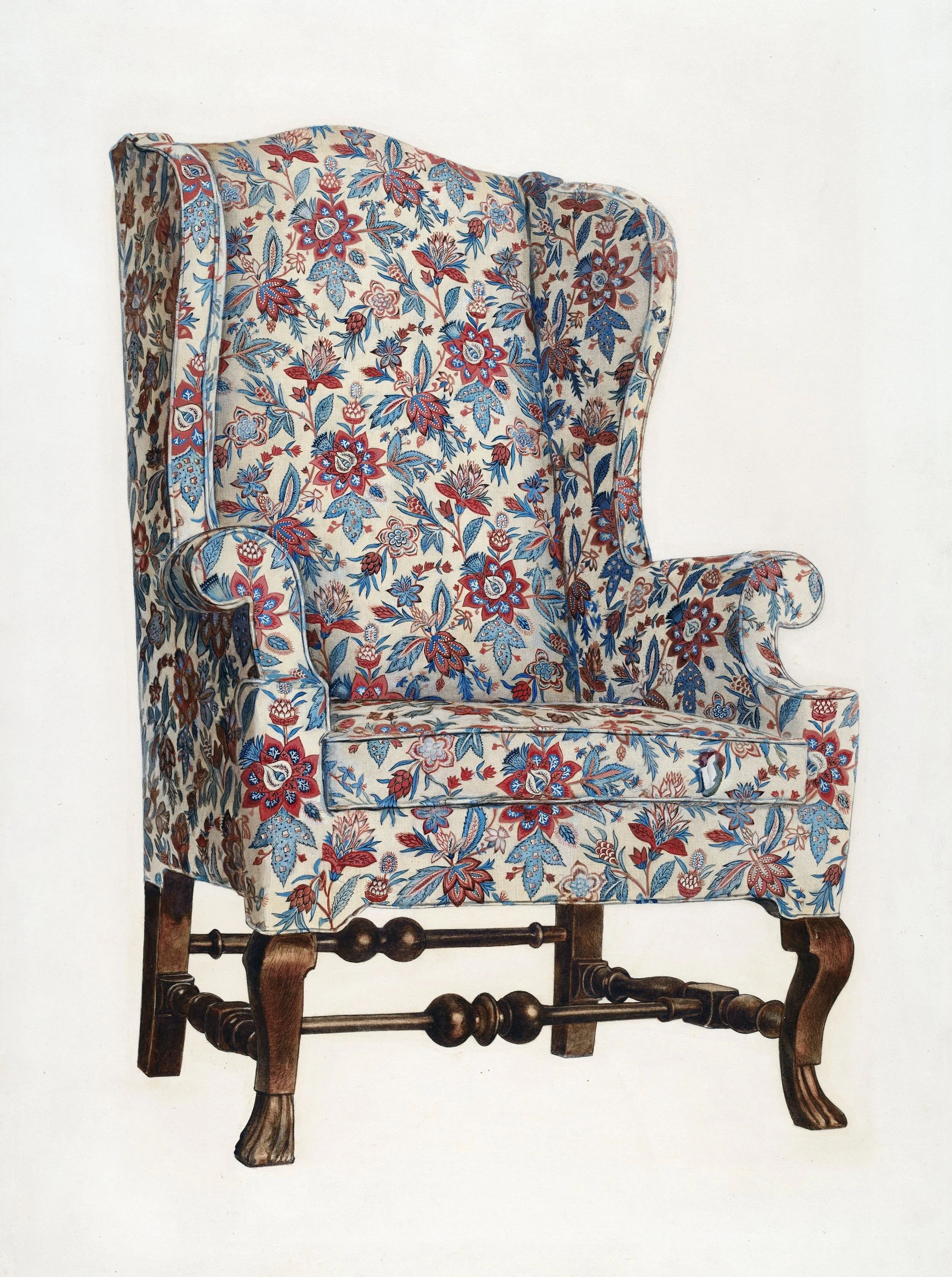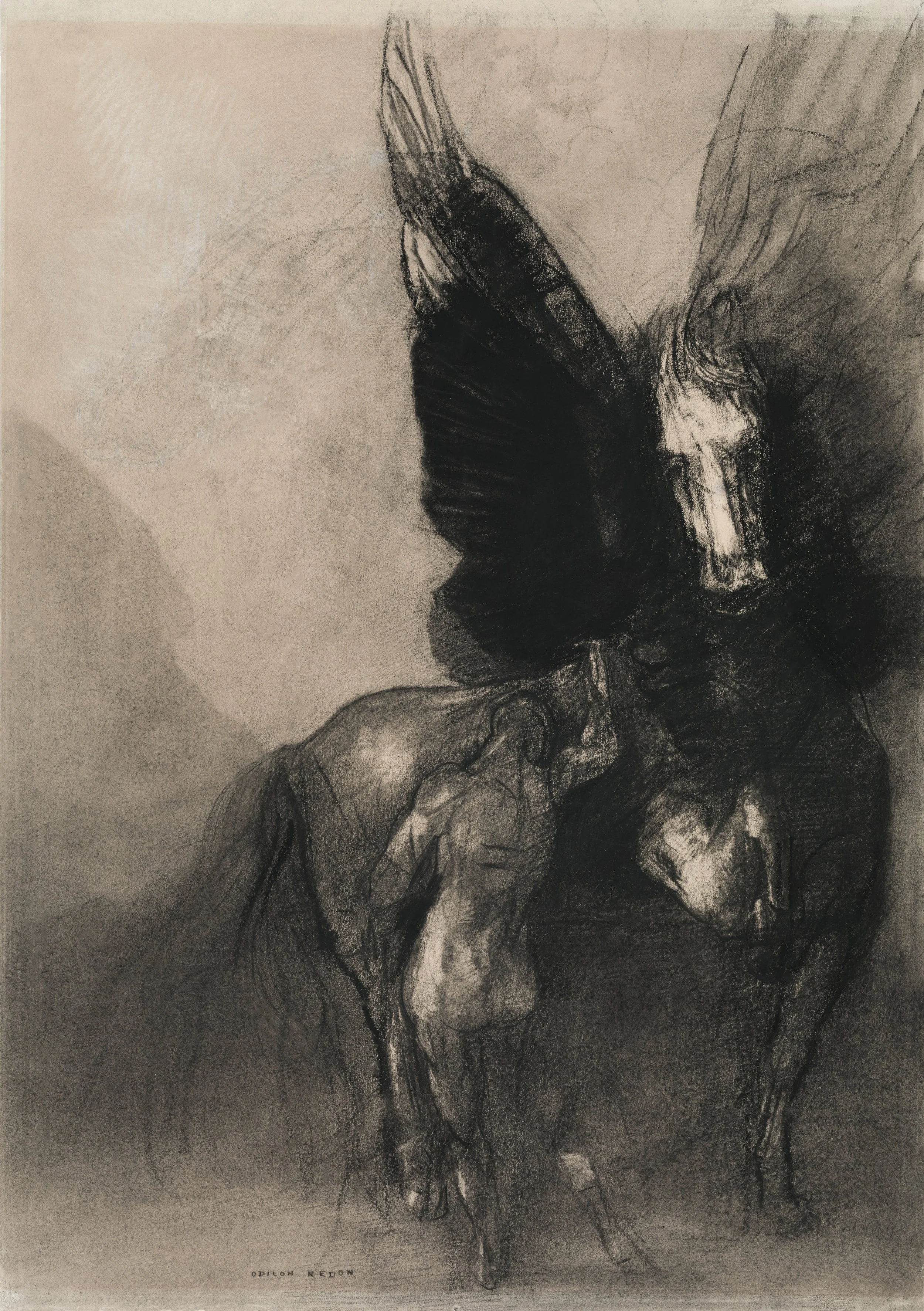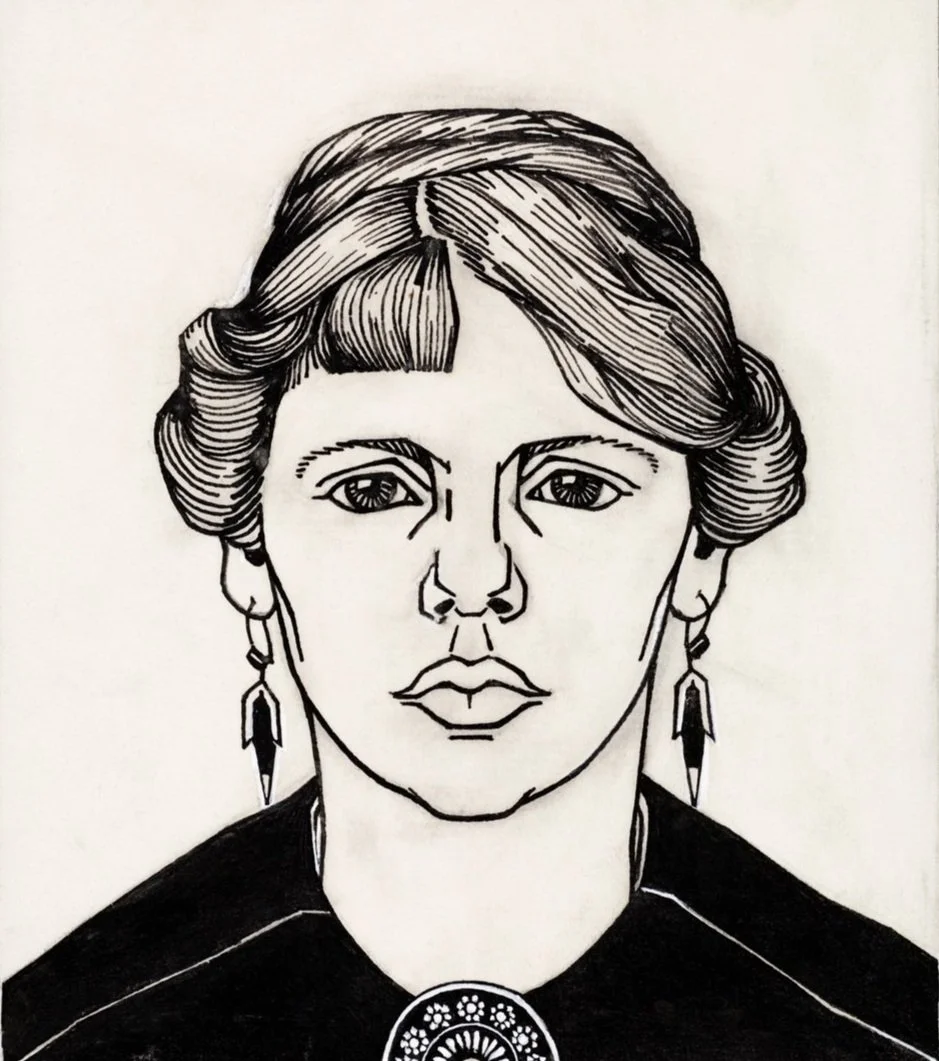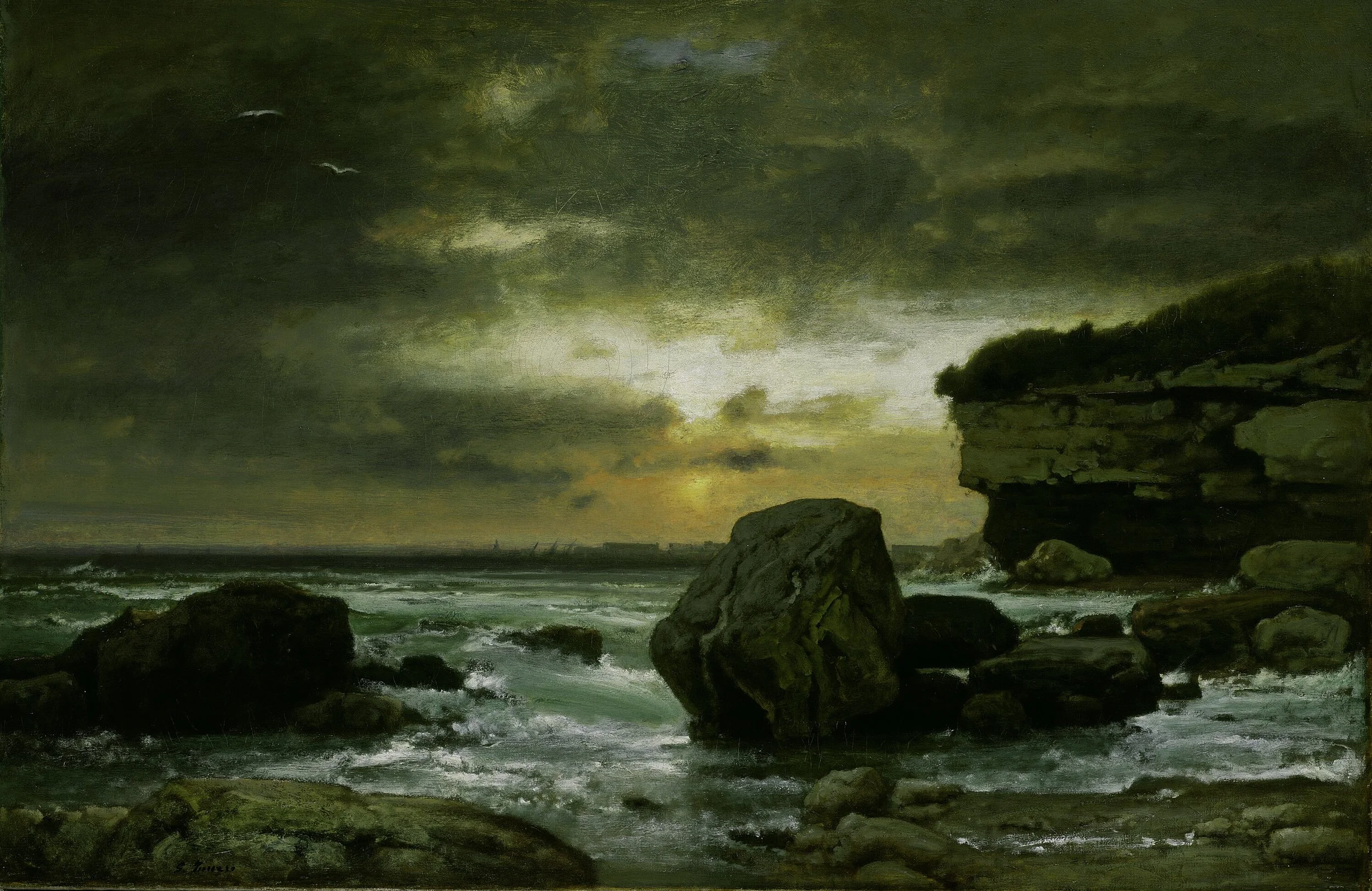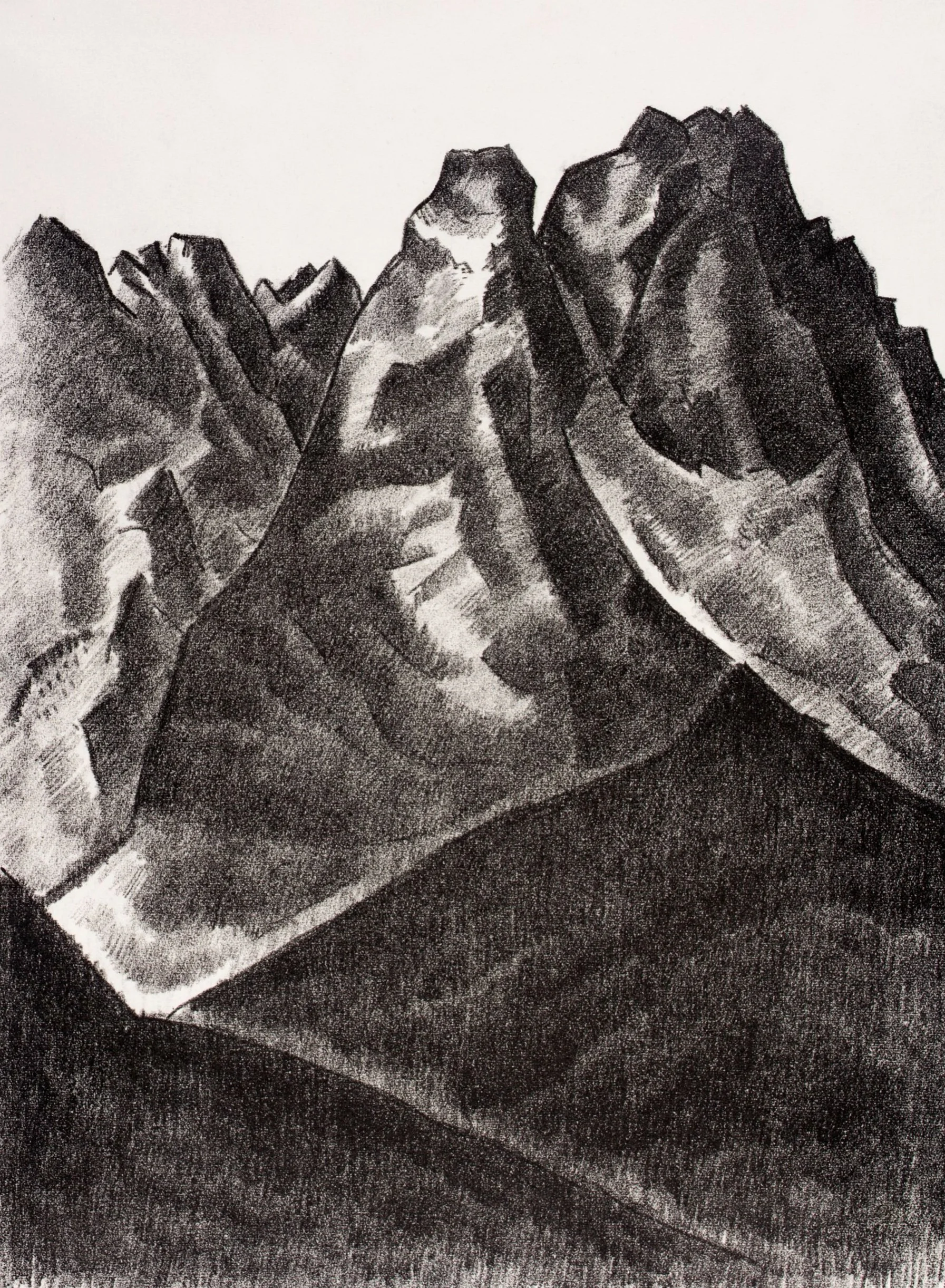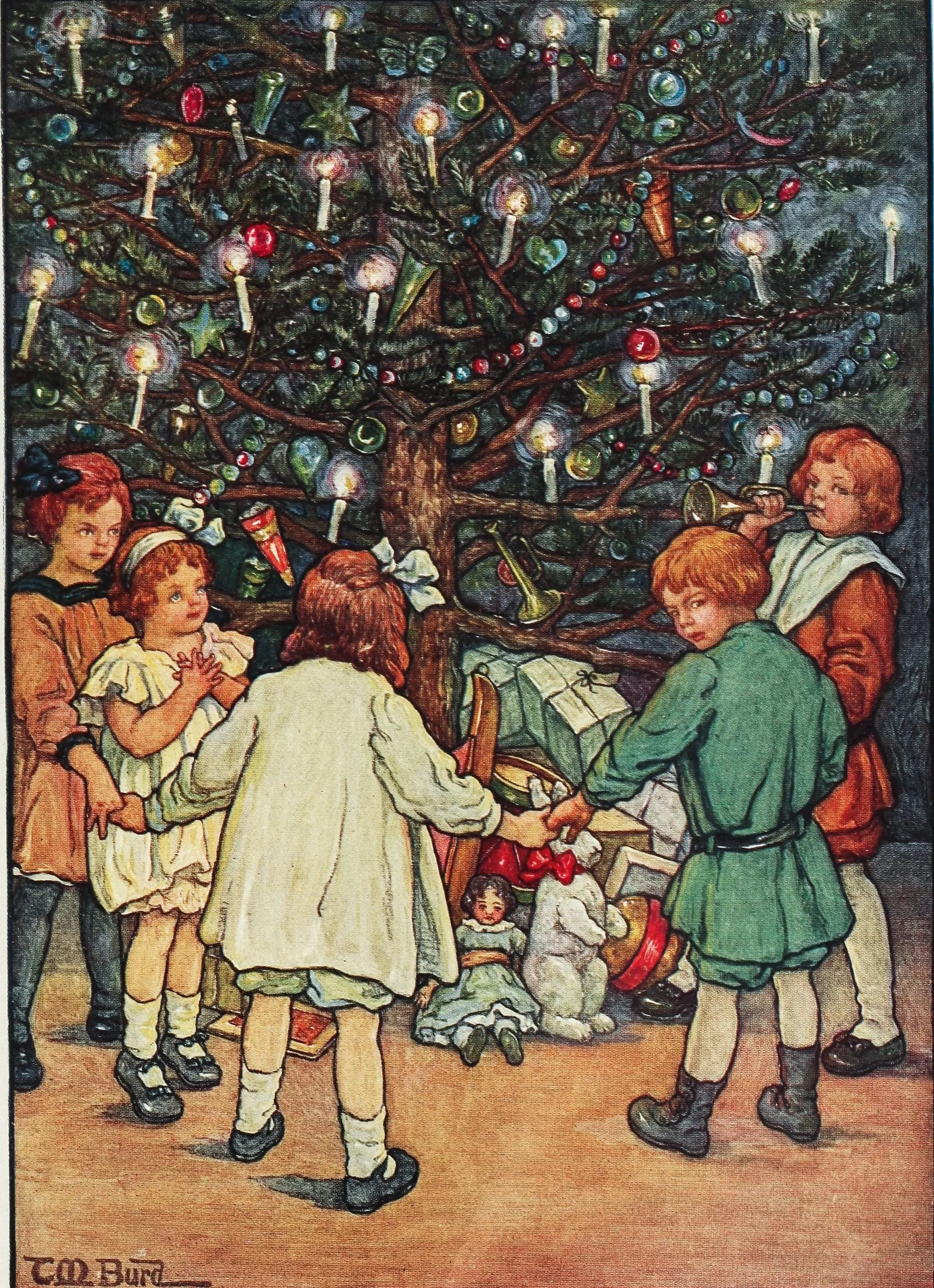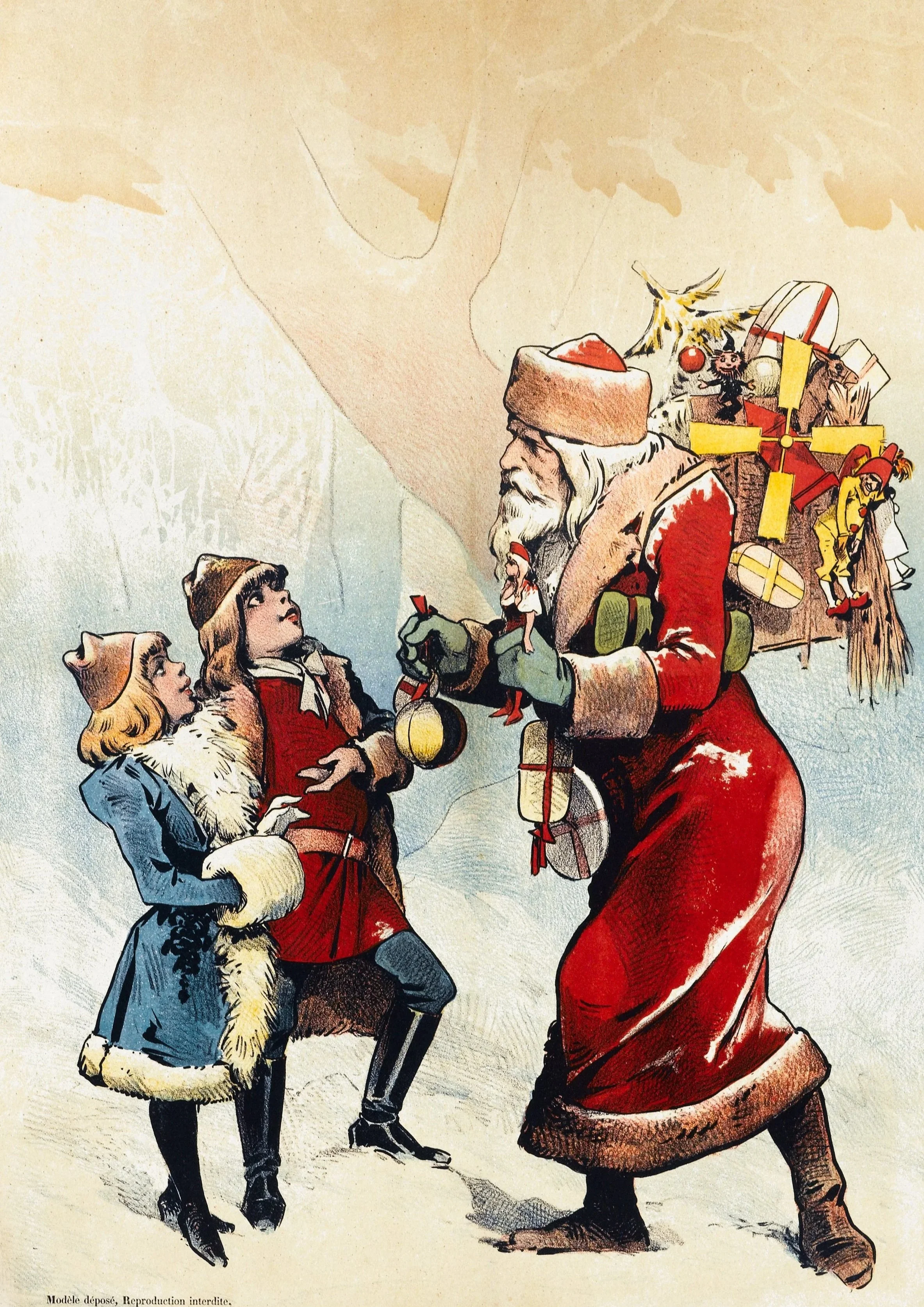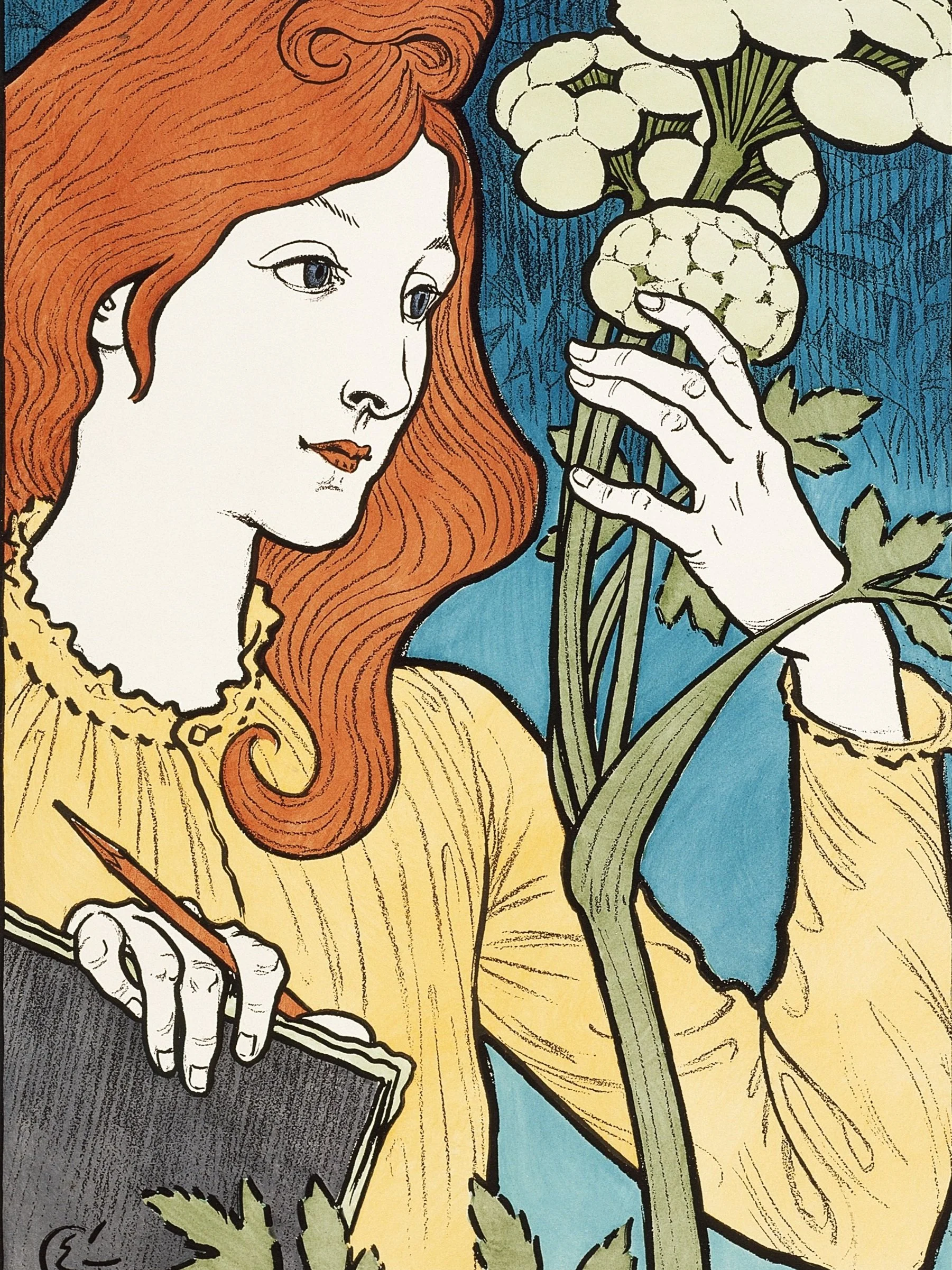
A Christmas Tree
Dickens’s “A Christmas Tree” wanders through the ornaments of childhood memory, using the Christmas tree as a symbolic ladder from toys to tales to ghostly imaginings and finally to spiritual reflection. It’s a dreamy, nostalgic essay that captures how Christmas gathers together wonder, fear, and hope across a lifetime.
What Christmas Is As We Grow Older
Dickens meditates on how the meaning of Christmas deepens with age, expanding beyond youthful fantasy into a season of remembrance, compassion, and forgiveness. He urges readers to “shut out nothing,” embracing joy and sorrow alike as part of the holiday’s enduring humanity.
Impressions of an Indian Childhood
In Impressions of an Indian Childhood, the opening chapter of American Indian Stories, Zitkala-Ša renders a vivid and tender portrait of life on the Yankton Sioux reservation through the eyes of a child, infused with sensory detail, matrilineal intimacy, and the subtle tension of a world soon to be disrupted.
Thanksgiving Day
In Thanksgiving Day, Ambrose Bierce strips the holiday of sentiment and reveals its moral hollowness, turning the ritual of pardon into a grim spectacle of irony and injustice. With characteristic venom, he exposes a society eager to pat itself on the back for mercy only after indulging fully in cruelty, a feast of self-congratulation served cold.
Aspasia: The Younger Feminists
Here Dora Russell reclaims the figure of Aspasia not as a mere consort of Pericles but as an intellectual foremother—bold, articulate, and dangerously ahead of her time. Russell uses Aspasia as both symbol and catalyst, drawing a lineage between ancient defiance and the modern feminist struggle for autonomy, education, and the right to shape public discourse.
Artemis: The Early Struggles of Feminism
In Artemis: The Early Struggles of Feminism, Dora Russell summons the goddess not as mythic huntress but as a symbol of untamed female independence, channeling her into a broader meditation on the earliest eruptions of feminist resistance. The chapter traces a lineage of rebellion—quiet and forceful alike—against patriarchal confinement, casting Artemis as both metaphor and precedent for the fierce, often solitary path carved by women demanding more than silence.
Jason and Medea: Is there a Sex War?
In Jason and Medea: Is There a Sex War?, Dora Russell revisits the ancient myth not for its romance or tragedy, but as a searing parable of betrayal, power, and the persistent asymmetries between men and women. Through the volatile figures of Jason and Medea, Russell probes the psychological and structural roots of gendered conflict, suggesting that the so-called "sex war" is less a battle than a reckoning centuries in the making.
Woman as a Supernatural Being
In Woman as a Supernatural Being, Richard Le Gallienne offers an ethereal vision of femininity untethered from earthly concerns—casting woman not as subject but as symbol, an ineffable presence glimpsed through poetry, myth, and moonlight. What emerges is a fin-de-siècle reverie that flatters even as it confines, revealing more about the author's longing for transcendence than about women themselves.
Cheap Knowledge
In Cheap Knowledge, a quietly elegiac essay from Pagan Papers, Kenneth Grahame pays tribute to the humble delights of secondhand bookstalls, where faded volumes whisper of forgotten owners and half-remembered dreams. With characteristic charm and a touch of wistfulness, he elevates the act of browsing cast-off books into a celebration of democratic intellect—where wisdom, once costly, is scattered like autumn leaves for any wanderer to claim.
Christmas
More reverie than reportage, this chapter restores Christmas to its imagined origins: not as spectacle, but as sanctuary. In Irving’s hands, the holiday becomes a tapestry of tradition and gentle nostalgia, embroidered with the hope that old joys might still be revived in new lands.
Hunting the Deceitful Turkey
Mark Twain turns a simple boyhood anecdote into a sly meditation on pride, gullibility, and the enduring comedy of self-deception. What begins as a rustic tale of pursuit and ambition ends, in classic Twain fashion, with the narrator hoisted by his own hubris—outwitted not by man, but by bird.
An Autumn Effect, 1875
Crisp with lark-song and the scent of fallen leaves, An Autumn Effect wanders through back roads and beech woods, observing the world with a light, amused eye and an undercurrent of melancholy. Stevenson lingers not to analyze but to feel—capturing the glow before dusk, the charm of small towns, and the gentle absurdity of both donkeys and men.
Silly Novels by Lady Novelists
With her trademark irony, Eliot exposes the absurdities of "silly novels," populated by impossibly perfect heroines and drenched in melodramatic moralizing. Yet beneath her cutting humor lies a more serious plea: for literature to aspire to honesty, complexity, and humanity.
Theocritus on Cape Cod
Theocritus is interested in the magic of the island rather than in the mystery of the many-sounding sea, and to him the familiar look of things is never edged like a photograph; it is as solid and real as a report of the Department of Agriculture, but a mist of poetry is spread over it, in which, as in a Whistler nocturne, many details harmonize in a landscape at once actual and visionary.












